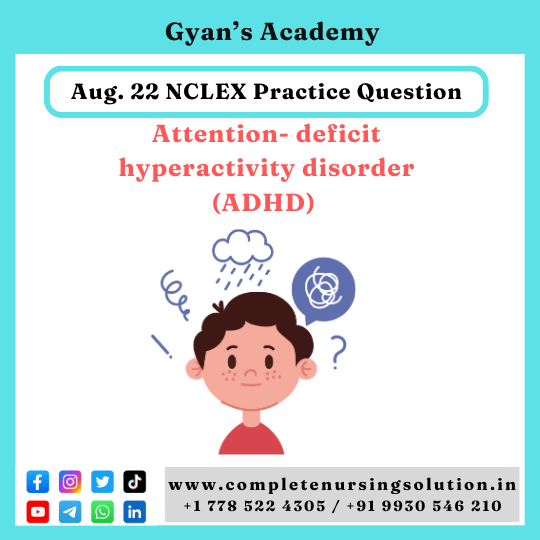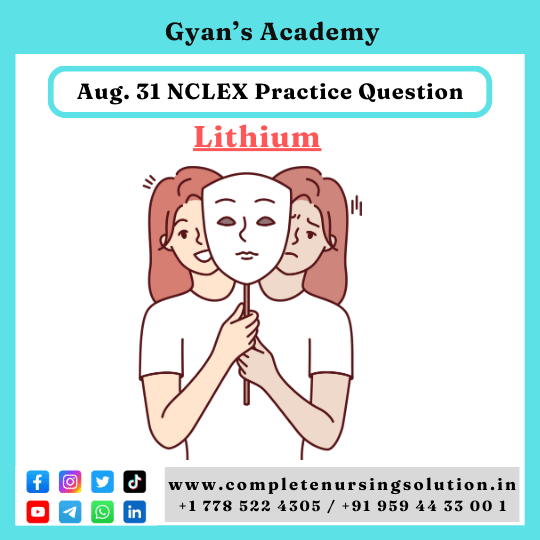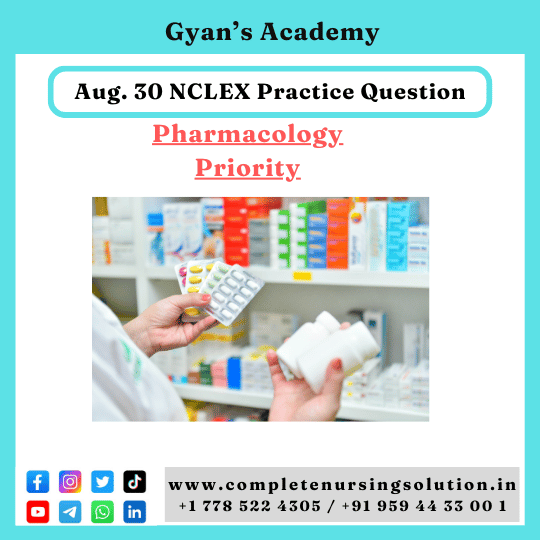Symptoms of ADHD usually continue into adulthood; current research indicates that children do not outgrow the condition. However, individuals with ADHD learn to cope with and manage the symptoms and achieve their full potential, leading healthy and satisfying lives. They may move into a condition of being "recovered," but this is usually a dynamic and ongoing state.
(Option 1) Children with ADHD are usually overwhelmed and overstimulated when faced with numerous choices. Offering 2 choices will help organize and structure the child's decision-making process.
(Option 2) There are legal mandates requiring school-based services and accommodations for children with ADHD. However, some teachers and/or school systems may not be as familiar with these requirements; it is important that parents of children with ADHD advocate for these individualized services.
(Option 4) Parents and caregivers should make direct eye contact and focus on their children when giving instructions. Other distractions should be minimized to avoid overstimulation.
Educational objective: Two common misunderstandings about ADHD are that children outgrow it as they become adults, and that dietary modifications (eg, restricting additives and/or sugar) will improve or "cure" the symptoms. Neither statement is true. These individuals learn to cope with and manage their symptoms as they grow older, but they do not outgrow ADHD.
Symptoms of ADHD usually continue into adulthood; current research indicates that children do not outgrow the condition. However, individuals with ADHD learn to cope with and manage the symptoms and achieve their full potential, leading healthy and satisfying lives. They may move into a condition of being "recovered," but this is usually a dynamic and ongoing state.
(Option 1) Children with ADHD are usually overwhelmed and overstimulated when faced with numerous choices. Offering 2 choices will help organize and structure the child's decision-making process.
(Option 2) There are legal mandates requiring school-based services and accommodations for children with ADHD. However, some teachers and/or school systems may not be as familiar with these requirements; it is important that parents of children with ADHD advocate for these individualized services.
(Option 4) Parents and caregivers should make direct eye contact and focus on their children when giving instructions. Other distractions should be minimized to avoid overstimulation.
Educational objective: Two common misunderstandings about ADHD are that children outgrow it as they become adults, and that dietary modifications (eg, restricting additives and/or sugar) will improve or "cure" the symptoms. Neither statement is true. These individuals learn to cope with and manage their symptoms as they grow older, but they do not outgrow ADHD.




Thank you, your article surprised me, there is such an excellent point of view. Thank you for sharing, I learned a lot.
Your article helped me a lot, is there any more related content? Thanks!
iwin – nền tảng game bài đổi thưởng uy tín, nơi bạn có thể thử vận may và tận hưởng nhiều tựa game hấp